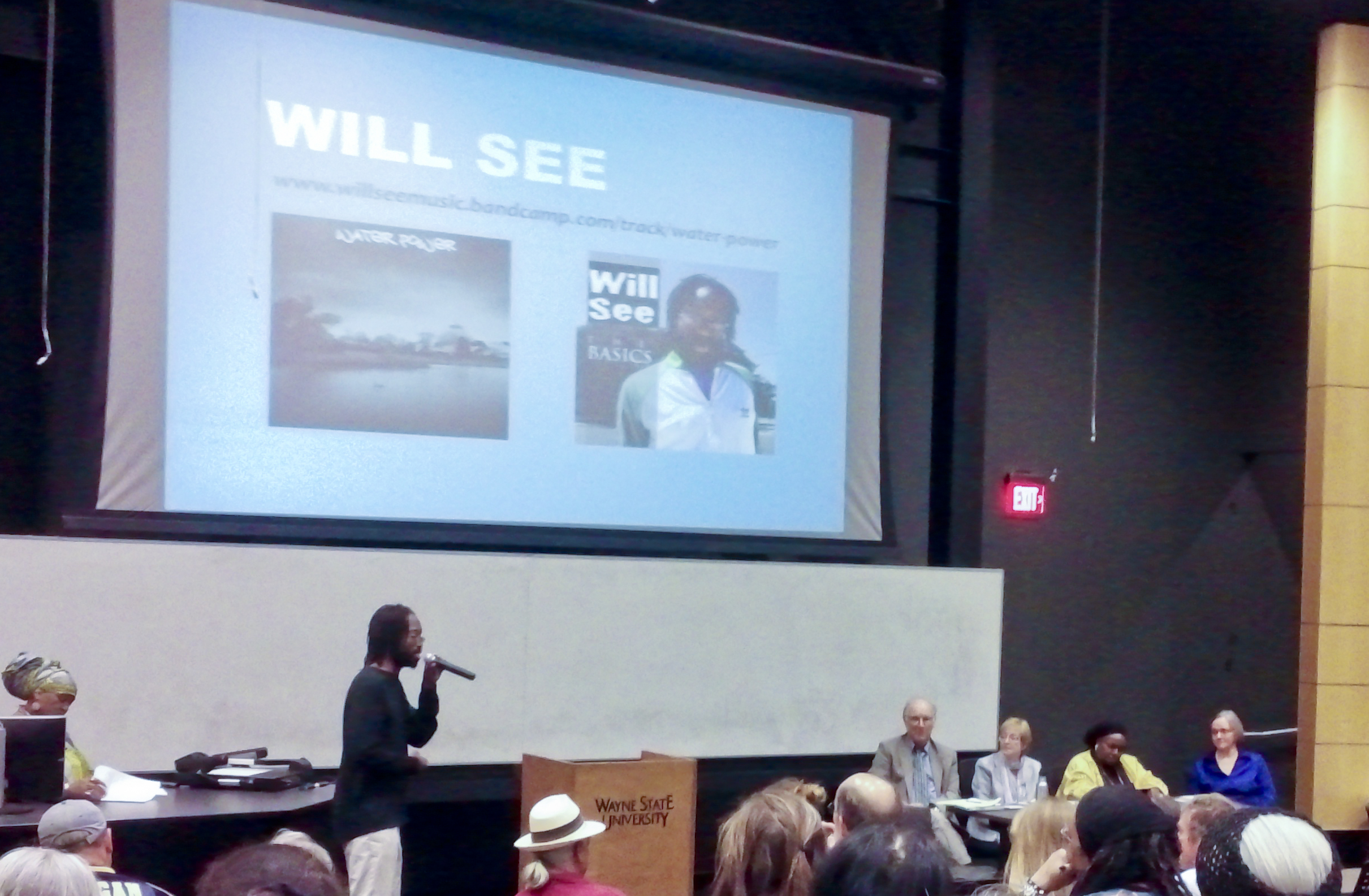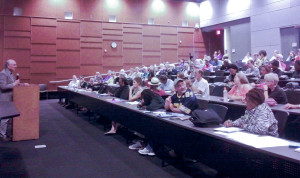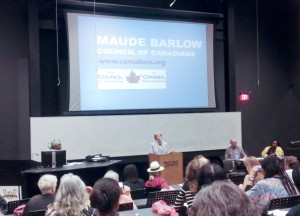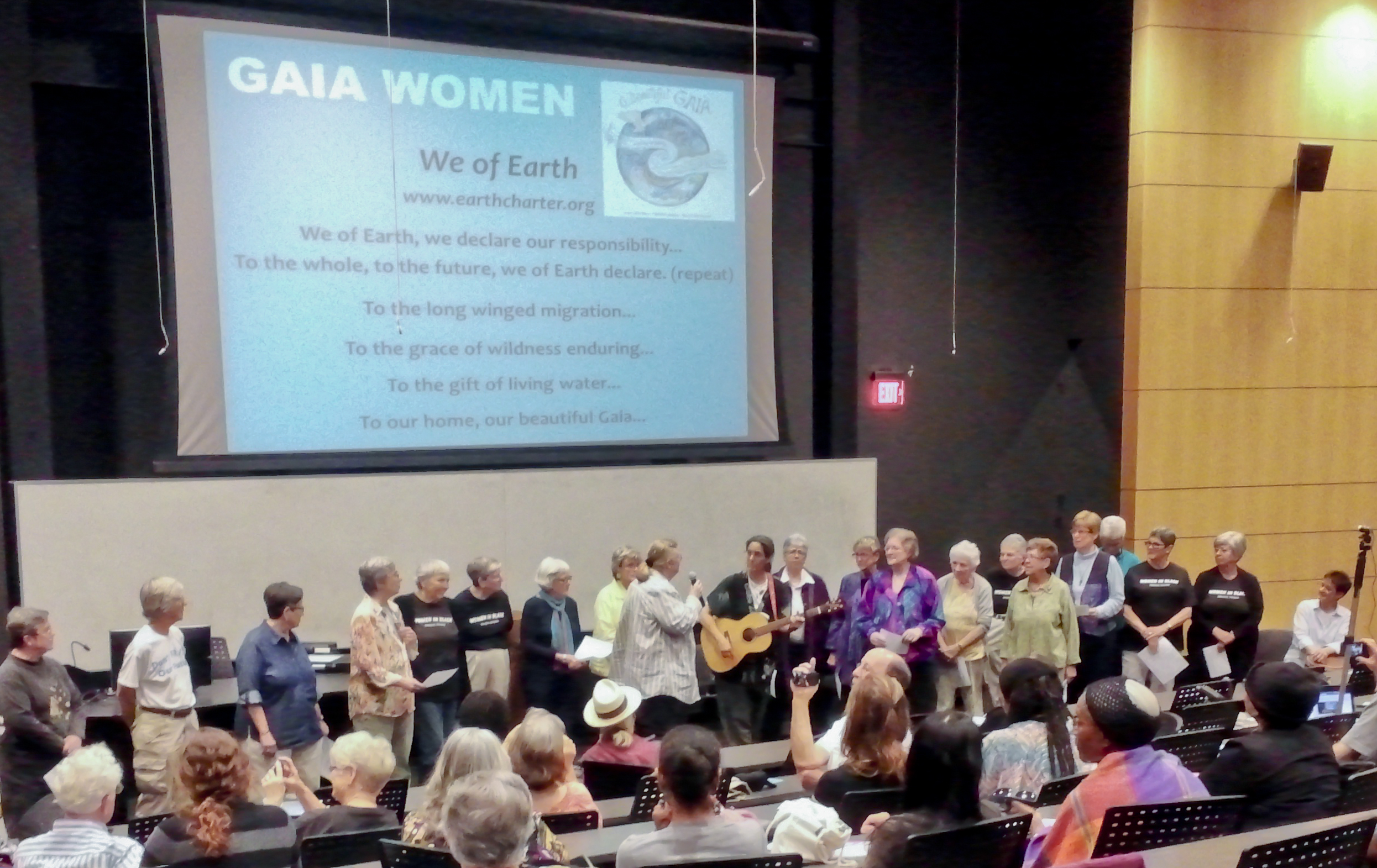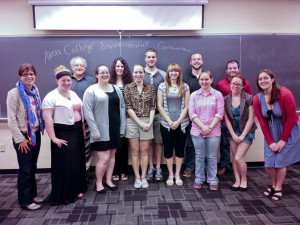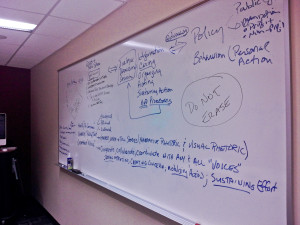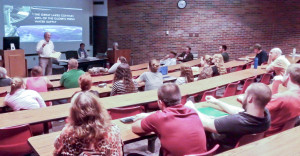Click here to read the editorial in The Record Eagle. AND Click here to read the feature article from the Record-Eagle.
By: Record-Eagle Editor
June 19, 2014
If you want to study volcanoes, you go to Hawaii. If you’re going to study fresh water policy, Traverse City and Northwestern Michigan College’s Great Lakes Water Studies Institute are naturals.
NMC also is home to one of the few college-based maritime programs in the country and sits right on Grand Traverse Bay and a few short miles to Lake Michigan.
Now NMC is ramping up its water expertise through a new course titled “Water Policy and Sustainability” that represents a new alliance with the Traverse City-based advocacy group FLOW — For Love of Water —- and its founder, Jim Olson.
Olson is an attorney with the firm Olson, Bzdok and Howard and a recognized expert in environmental and water law and policy. He co-designed and will co-teach the course.
Olson said the course will look at water policy from a historical and current policy perspective and “then build upon the history and present water laws and policy to ask the question: Are we ready for what’s coming in the 21st Century?”
The future is what matters here. In Michigan, there can be no bigger issue than fresh water. It is our greatest asset and its value will only increse. How we prepare ourselves to protect that asset through sound policy and robust laws could determine our future.
Olson says water is “common to all of us and that imposes limits on what we must do to preserve it from one generation to the next.”
Preserving the resource likely includes fending off — or at least controlling — efforts from outside the Great Lakes watershed to tap into what appears to be an unlimited resource that could all too quickly look all too limited.
Water Studies Institute education coordinator Constanza Hazelwood said the course is part of an effort to expand the Institute’s global policy curriculum. Any talk about water policy must be global to matter.
NMC has an opportunity to become a leader in future debates over water policy and to set the agenda. We as a state and nation need to learn how to talk about water and how to protect — and share — the asset.
NMC, Olson and FLOW all bring different skills and perspectives to the debate, and all three need to be heard.



